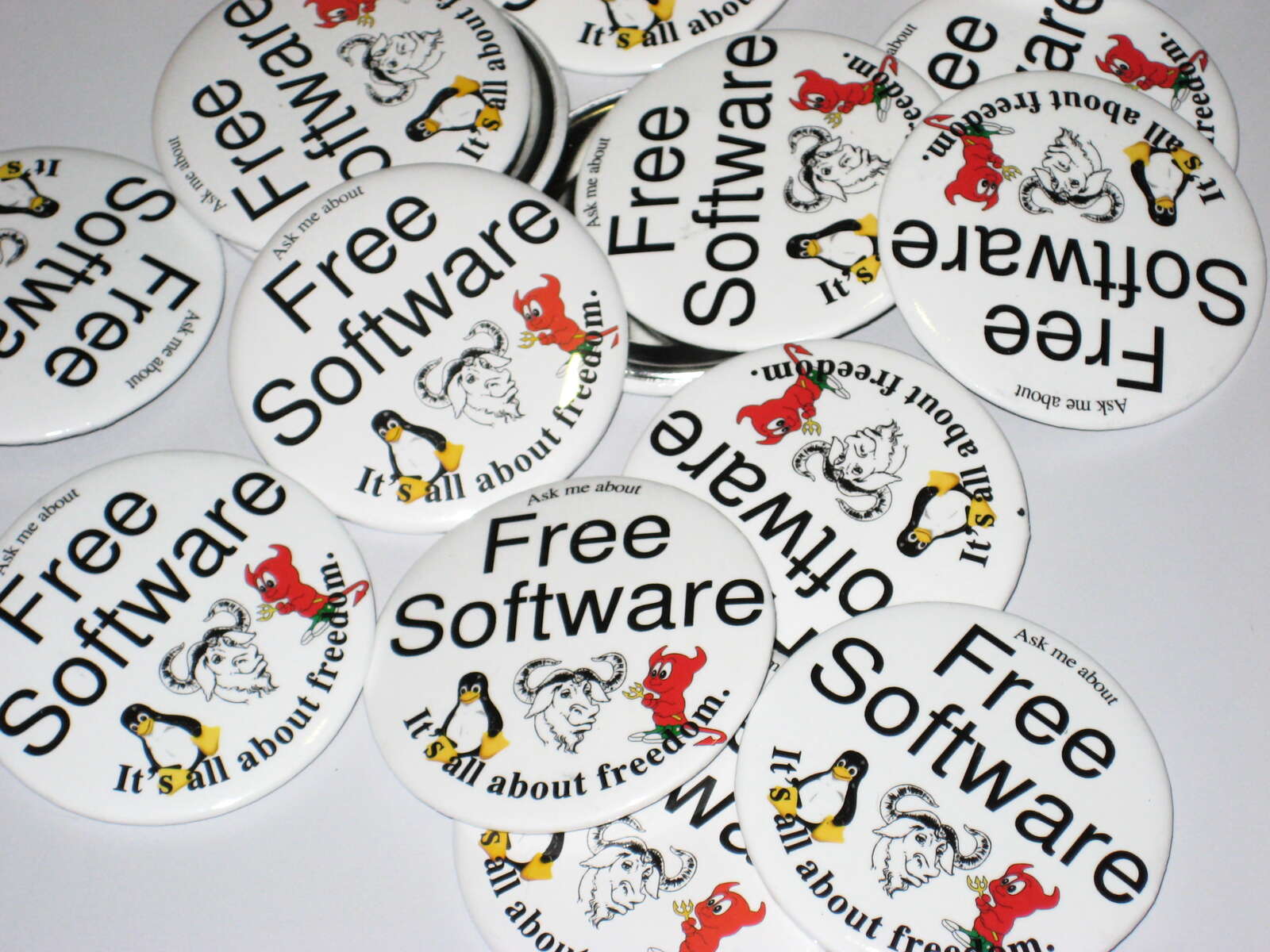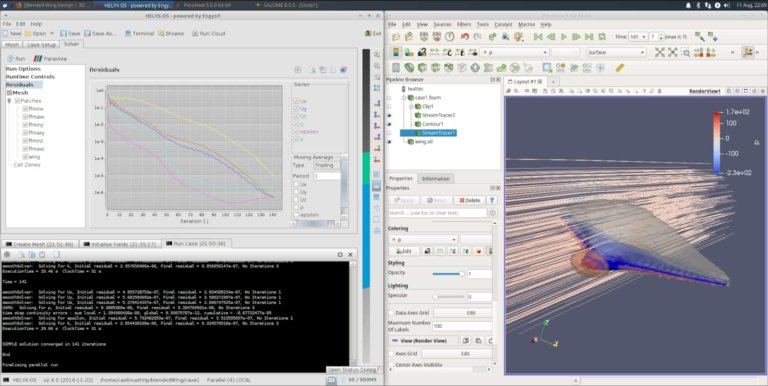Free software and hardware have played a crucial role in technological progress in recent decades. But their adoption in engineering could bring even more benefits. But why would it be worthwhile to increase the use of open source software in our workflows?
Here are 10 reasons to adopt options with this philosophy:
- Freedom: Free software offers the freedom to run, copy, distribute, study, change and improve the software. You can use it without restrictions for any purpose, which makes it an extremely versatile and adaptable tool.
- Cost: Free software is free and does not require the payment of licenses or subscriptions. Although it never hurts to make contributions, either by improving the software, reporting bugs, creating translations or making donations, this translates into a benefit for all users.
- Security: Free software is more secure than proprietary software, since its open source code allows anyone to examine it and detect security vulnerabilities. This encourages continuous updates, good programming practices and valuable feedback from the user community.
- Customization: Open source software can be customized to meet specific needs. You can modify the source code to add new features or remove unwanted ones, making it highly adaptable to your needs.
- Community: Free software is developed by a community of developers who share their knowledge and experience. By getting involved in this environment, you can learn from them and contribute to the community, enriching the collective knowledge.
- Compatibility: Free software is compatible with different platforms and devices, ensuring a wide range of options and versions available for operating systems such as GNU/Linux, Windows, macOS, Android and iOS.
- Innovation: Free software encourages innovation, as anyone can modify the source code and create new applications. This stimulates creativity and the development of new tools and solutions.
- Reliability: Free software is more reliable than proprietary software, since it is tested by a large community of developers in different environments and to solve different problems. This guarantees greater robustness and stability in the operation of the software.
- Longevity: Free software has a longer useful life than proprietary software, since it does not depend on a single company or individual. In addition, if a project is abandoned, access to the code allows users to update it and adapt it to their specific needs.
- Ethics: Free software promotes ethical values such as sharing, collaboration and community building. By adopting this philosophy, you are contributing to a more open, fair and collaborative environment in the technological world.
It is important to remember that Free Software and Open Source are not the same. In this article, we have focused on free software, while open source, depending on the license, can be as limiting as proprietary software.
Cover photo by marcomolinari.it.


